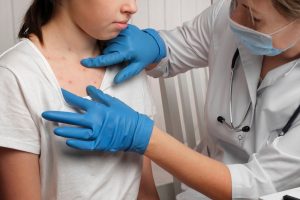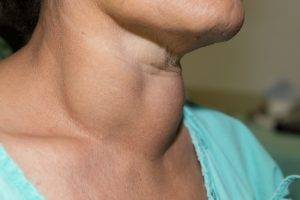As the rainy season sets in, the Department of Health (DOH) in the Philippines is urging the public to be vigilant in preventing dengue fever.
The increase in rainfall creates ideal breeding conditions for mosquitoes, which can lead to a surge in dengue cases.
Rising Dengue Concerns with the Onset of Rainy Season
The rainy season typically results in an uptick in dengue cases due to the increase in stagnant water. This serves as a breeding ground for the Aedes aegypti mosquito, the primary carrier of the dengue virus. The DOH has raised alarms and advised communities to take proactive measures to control mosquito populations and protect themselves from infection.
Health Precautions and Preventive Measures
The DOH emphasises several preventive measures to mitigate the risk of dengue:
- Eliminate Breeding Sites: Remove standing water in containers, old tyres, and other potential breeding sites around homes and communities. Regularly empty and clean water storage containers and ensure proper waste disposal to reduce mosquito habitats.
- Use Protective Measures: Employ mosquito nets, screens, and repellents, especially during peak mosquito activity times in the early morning and late afternoon. Wearing long-sleeved clothing and using mosquito coils or electric vapour mats can also help reduce mosquito bites.
- Community Clean-Up Drives: Participate in local clean-up drives and maintain cleanliness to reduce mosquito habitats. Community efforts should focus on both private properties and public spaces to ensure a comprehensive approach.
- Seek Early Medical Attention: Anyone showing symptoms such as high fever, severe headache, pain behind the eyes, joint and muscle pain, rash, or bleeding should seek immediate medical attention. Early detection and treatment are crucial to preventing severe cases and potential fatalities.
DOH’s Public Health Campaigns
The Department of Health (DOH) promotes public health campaigns to raise awareness about dengue prevention. These initiatives include using media and community outreach to educate the public about dengue symptoms, transmission, and prevention. Informational materials are widely distributed. Educational programs in schools teach children about maintaining clean environments and good hygiene practices. Additionally, schools are encouraged to eliminate potential mosquito breeding sites. Additionally, the DOH coordinates with local government units (LGUs) to provide resources and support for effective mosquito control measures. These include technical assistance and supplies for larvicide application and fogging operations.
The Role of Local Communities
Local communities play a crucial role in the fight against dengue. Community leaders are encouraged to organise clean-up drives and educational seminars. On the other hand, households are urged to regularly inspect their surroundings for potential mosquito breeding sites and take immediate action to eliminate them. The “4S Kontra Dengue” initiative promotes community engagement by advocating for searching and destroying mosquito breeding sites, self-protection measures, early consultation, and fogging during outbreaks. Health volunteers conduct door-to-door inspections, educate on dengue prevention, and help identify and treat mosquito breeding sites within their communities.
Importance of Timely Reporting and Data Collection
Accurate and timely reporting of dengue cases is essential for the DOH to monitor and respond to outbreaks effectively. Healthcare providers are encouraged to report cases promptly to help the DOH track the spread of the virus and deploy resources where they are most needed. Strengthening surveillance systems ensures real-time data collection and analysis, with enhanced epidemiological surveillance units improving the monitoring of dengue trends and outbreaks. Public participation is also encouraged through hotlines and digital platforms to report dengue cases and mosquito breeding sites for rapid identification and elimination.
Innovations and Future Directions
The DOH is exploring new methods and technologies to combat dengue more effectively. One approach is introducing Wolbachia bacteria into mosquito populations to reduce their ability to transmit dengue. This method has shown promise in several countries. The DOH is also assessing dengue vaccination programs to provide long-term protection, especially in high-risk areas. Additionally, they are investing in research and development to devise more effective prevention and control strategies, collaborating with international health organisations and research institutions to enhance these efforts.
Conclusion
As the rainy season progresses, the DOH’s call to action is clear. Vigilance and community cooperation are vital in preventing a spike in dengue cases. By following preventive measures, participating in public health campaigns, and maintaining a clean environment, the public can play a significant role in controlling the spread of dengue and safeguarding their health. With coordinated efforts from the government, local communities, and healthcare providers, the Philippines can effectively combat the threat of dengue fever.
Have a pressing question for a doctor? Medical Channel Asia has launched a community forum page where you can get questions answered by a medical specialist. Visit the community forum here.














